



Ethernet Chips Ranked No. 1
Ethernet chips play a critical role in enabling communication within and between networked systems. As modern networking technology evolves, Ethernet chips are essential components that power everything from data centers and enterprise networks to home routers and industrial applications. Among the many players in the Ethernet chip market, Intel stands out as the leader, dominating both market share and technological innovation.
Overview of Intel’s Ethernet Chip Portfolio
Intel, a global semiconductor giant, has long been at the forefront of networking technologies. Known for its high-performance processors, Intel has extended its influence into networking by developing a wide range of Ethernet chips and network interface cards (NICs) tailored for various applications. Intel Ethernet chips are widely adopted in enterprise data centers, cloud computing environments, and even consumer-grade networking hardware.
Intel's Ethernet chip offerings are robust, covering everything from basic Gigabit Ethernet to advanced 10-Gigabit and 100-Gigabit solutions. Intel's Ethernet controllers and adapters are integrated into servers, workstations, storage devices, and enterprise networking systems, providing reliable, scalable, and high-speed connectivity.
Key Products and Solutions
Intel’s Ethernet portfolio is diverse, with products designed for different use cases and performance levels. Some of the key products in Intel's Ethernet chip lineup include:
- Intel Ethernet Controller I350: This controller supports Gigabit and 10-Gigabit Ethernet and is widely used in enterprise servers and workstations. It is known for its stability and high performance under heavy traffic loads.
- Intel Ethernet Converged Network Adapter X550: Designed for data centers and virtualization environments, the X550 supports 10-Gigabit Ethernet and converged network traffic, combining storage and networking in one unified solution.
- Intel Ethernet Controller X710: This is a 10-Gigabit Ethernet controller with support for both copper and fiber connections. It’s designed to provide high bandwidth and low latency for applications that require faster data transfer, such as high-frequency trading and data analytics.
- Intel 100G Ethernet Network Adapter (E810 Series): A top-of-the-line solution for the highest bandwidth requirements, Intel's E810 Series supports 100-Gigabit Ethernet and is ideal for modern cloud data centers and large-scale enterprise networks.
Technological Advantages of Intel Ethernet Chips
Intel’s dominance in the Ethernet chip market can be attributed to several factors, including technological innovation, reliability, scalability, and the ability to meet the growing demand for high-speed networking. The following are some key advantages that set Intel apart:
- High Performance and Low Latency: Intel’s Ethernet chips are designed to provide high-speed data transmission with minimal latency. This is crucial for applications such as cloud computing, data centers, and real-time processing, where every millisecond counts. Intel Ethernet chips are optimized for handling large volumes of network traffic, ensuring uninterrupted service and efficient performance.
- Scalability and Flexibility: Intel’s Ethernet products offer excellent scalability, making them suitable for various network sizes. From small home networks to large enterprise data centers, Intel Ethernet chips can be easily integrated into any environment. The flexibility to scale up or down ensures that businesses can adapt to changing needs, from supporting high-bandwidth applications to cost-effective solutions for smaller networks.
- Advanced Features for Virtualization and Cloud Environments: With the growing shift toward virtualization and cloud computing, Intel Ethernet chips are built to support these trends. Intel’s Ethernet adapters and controllers include features like Virtual Machine Queue (VMQ) support and Network Device Virtualization (NDV) to optimize virtual network performance. These features are particularly useful in cloud data centers, where the demand for efficient virtualized networking is ever-increasing.
- Energy Efficiency: Intel places a strong emphasis on energy efficiency in its Ethernet chip designs. The company’s chips are optimized for low power consumption, which is especially important in large-scale deployments where energy costs can be a significant concern. By offering power-efficient solutions without sacrificing performance, Intel helps businesses lower operational costs while maintaining high-performance networking.
- Security and Reliability: Intel’s Ethernet solutions are known for their reliability in demanding environments. Data centers and enterprise networks require consistent uptime and robust security, both of which are addressed by Intel’s networking solutions. Many of Intel's Ethernet adapters come with integrated security features, such as data encryption and secure network boot, ensuring that sensitive information is protected as it travels across the network.
- Comprehensive Support for Industry Standards: Intel’s Ethernet chips support a wide range of industry standards and protocols, making them compatible with a broad array of network devices and platforms. From the most common 1GbE to 10GbE, 25GbE, 40GbE, and 100GbE standards, Intel’s products ensure seamless communication across diverse networking environments.
Market Position and Influence
Intel has consistently maintained its position as the leading Ethernet chip manufacturer, capturing a significant portion of the global market. Its chips are widely deployed in critical networking infrastructure across industries, including telecommunications, cloud computing, finance, education, and government sectors. This widespread adoption is a testament to Intel’s reputation for quality and performance.
Intel’s dominance is also driven by its extensive research and development (R&D) capabilities. The company invests heavily in networking technologies, continuously improving its Ethernet products to keep pace with rapidly evolving network demands. Additionally, Intel has a large ecosystem of partners and customers, further cementing its position as the go-to Ethernet chip supplier for high-performance and scalable networking solutions.
Conclusion
Intel’s Ethernet chips are recognized as the gold standard in the networking industry, offering high performance, scalability, energy efficiency, and advanced features for modern data centers and enterprise environments. As networking demands continue to grow and evolve, Intel’s commitment to innovation ensures it will remain at the forefront of the Ethernet chip market. Whether for small businesses or large-scale enterprise networks, Intel’s Ethernet solutions provide the reliability and performance that modern networks require, solidifying the company’s position as the top Ethernet chip manufacturer in the industry.

Please contact us if the source is mislabeled or violates your legal rights.
We will promptly correct and delete, thank you.


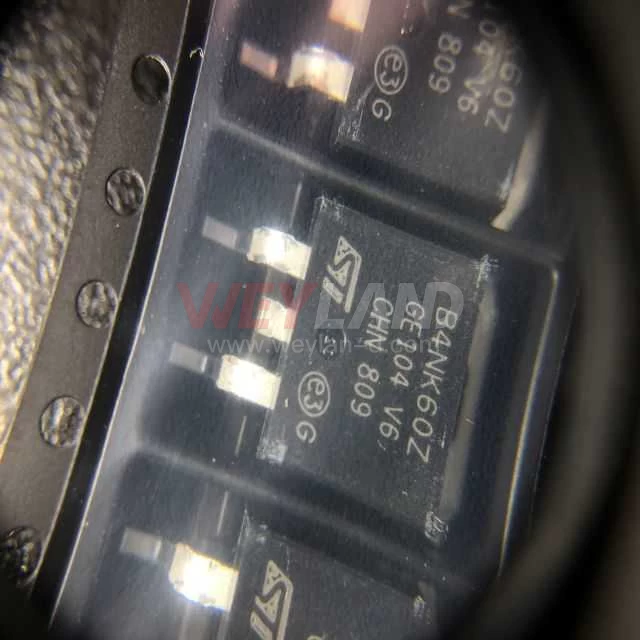
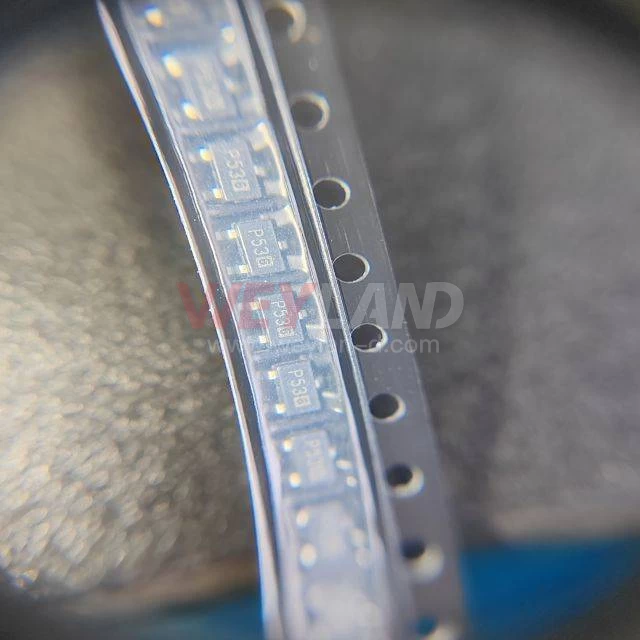
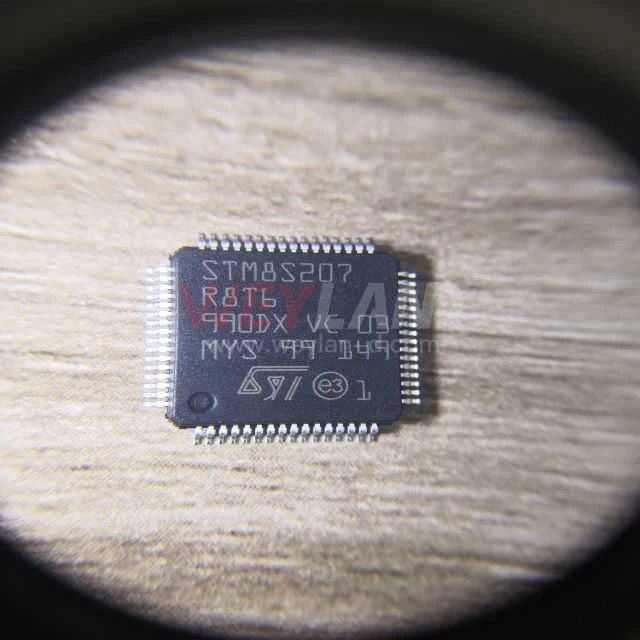
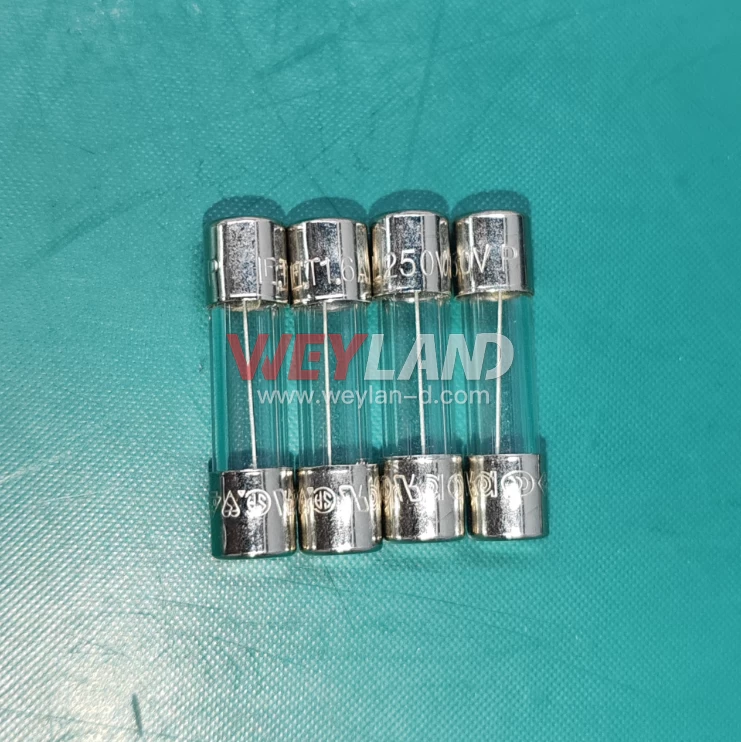
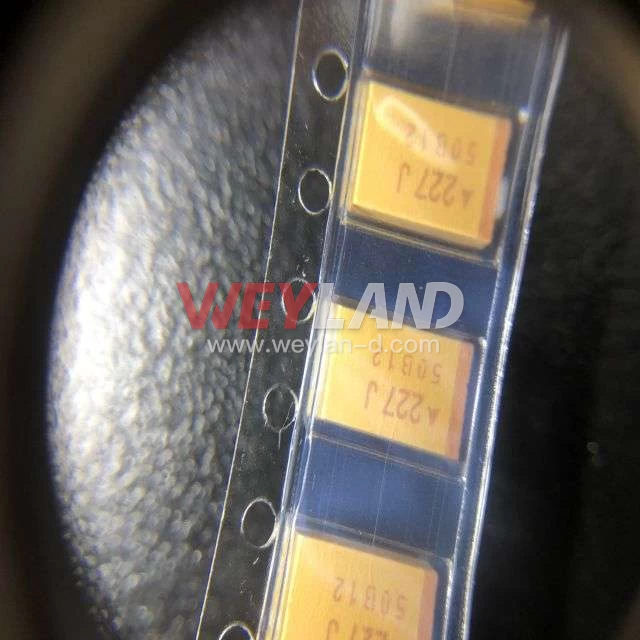

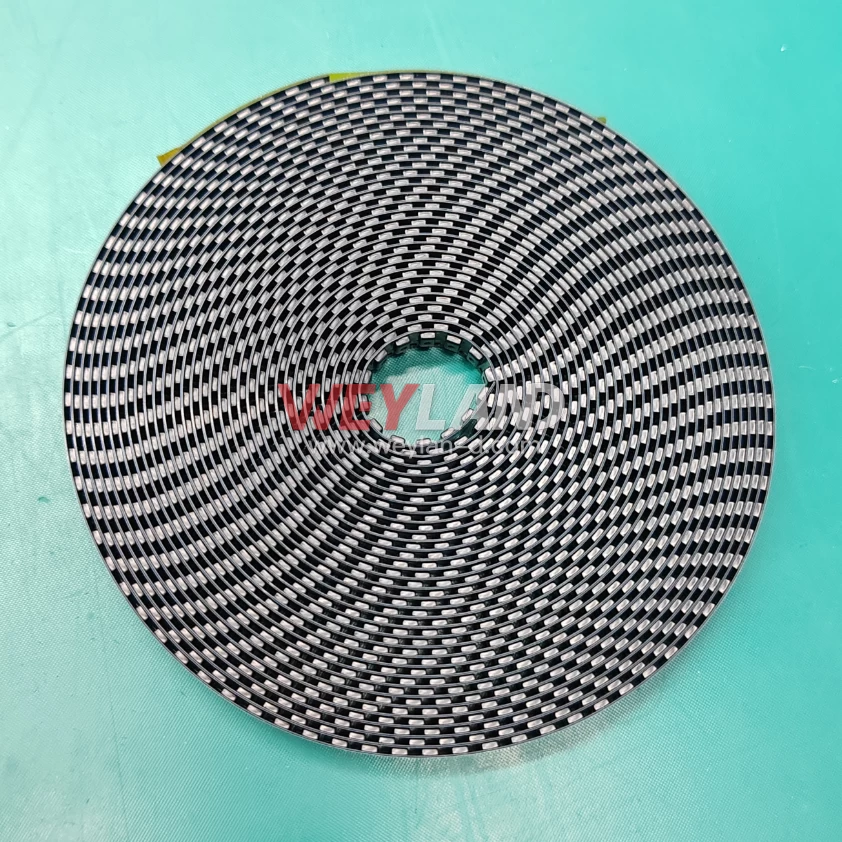
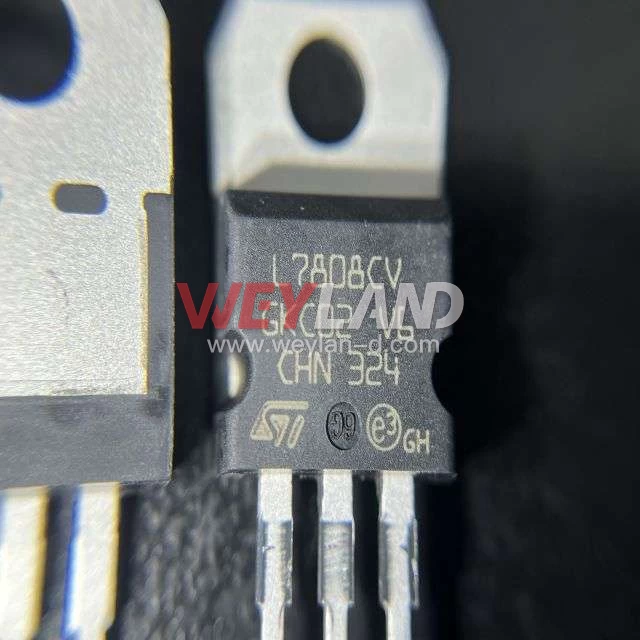
.9246509.png)












[email protected]
7500A BEACH ROAD #04-307 THE PLAZA SINGAPORE (199591)
RM 705.7/F.FA YUEN COMM BLDGNO.75-77.FA YUEN STREET.MONGKOK.KLN.HONG KONG
